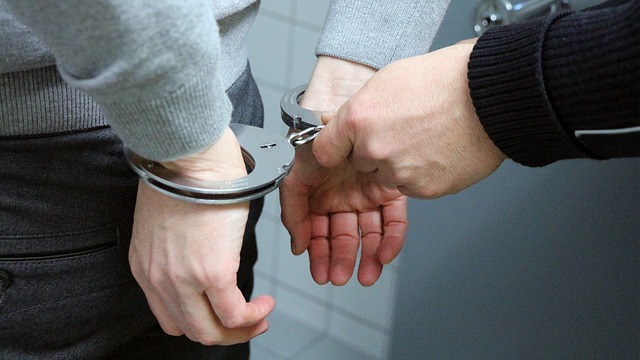
If you tested under 0.08 percent BAC, you are safe from prosecution. This could be the most common DUI myth—you can be charged and convicted of a DUI with a BAC less than the legal limit if the State can definitively prove your ability to drive was impaired by the alcohol you consumed.If

